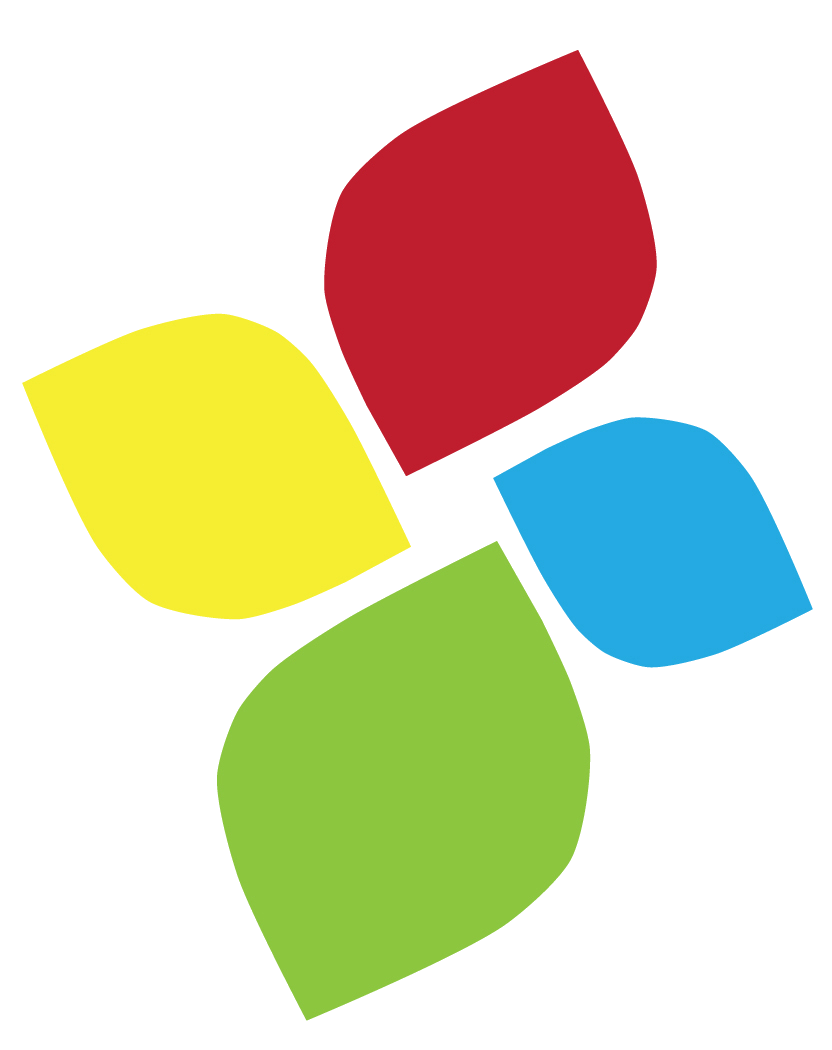Shifting Perspective on Access and AAC: Addressing Communication and Language from a Motor Learning Standpoint
Date/Location:
February 11-13, 2020, Pittsburgh, PA
Description:
This focus of this 2.5 day seminar will be to provide learners with a theoretical and practical foundation for the use of core vocabulary as it pertains to language and vocabulary development for augmented communicators as well as how to integrate the use of core vocabulary as a primary strategy for targeting communication and language in home and academic settings. Our guest speaker will present critical information on addressing communication and language for individual with complex bodies who have physical access challenges. For an individual with complex communication Needs (CCN) needing AAC, the core of an intervention is to create opportunities to learn or use language. Often the success is measured solely by the acquisition of new words, the length and/or complexity of the utterances produced. Regardless of the technology, strategy, or support given, these interventions require some form of reliable motor response for clinicians to appreciate the level of success achieved by the communicator. That reliable motor response, whether via by touch, head pointing, the use of a switch, or eye tracking is a critical element to experiencing and acquiring language, but often requires learning outside of the typical language development process. This motor learning process allows individuals an understanding of their basic physical actions, sequencing their movements, and ultimately refining their performance allowing them to become fluid communicators. While motor learning proceeds some aspects of early language development, it often parallels its growth. By isolating the steps of this process, therapists can more appropriately create and their AAC interventions for their most complex clients.
This is a two-part presentation which will examine a new approach to working with individuals with CCN. It will provide participants an opportunity to engage in clinical discussion and hands on activities, and review video-based case studies. During the morning session, the Assessment Learning Process (ALP) for AAC will be presented. This will include a review of how the ALP was developed, its use as an assessment tool, and how it can guide the supports and activities we use for individuals with CCN. The afternoon session will include a more detailed and hands-on look into eye tracking as an access method for AAC. We will first review the current state-of-the-art technology behind eye tracking (PC and Mobile platforms) and the clinical implications how it is applied to the populations we serve. Special attention will be given to vision and ocular-motor issues impacting the use of eye tracking for AAC.
Speakers:
Bruce Baker, PhD
Deborah Laurent Witkowski, MA, CCC-SLP
Tracy M. Kovach, PhD, CCC-SLP
Russell Cross
Chip Clarke, M.S., CCC-SLP
Learning Outcomes:
Explain why core vocabulary, not extended vocabulary, should be emphasized in AAC intervention.
Describe the relationship between the use of core vocabulary and normal language development.
Describe the difference between a needs-based communication display and a language-based communication display.
Discuss the impact of motor automaticity in the successful use of AAC devices.
Identify the 3 Stages of Access Learning as defined in the Access Learning Process.
Identify the 5 areas of development used to track access performance.
Describe 3 appropriate facilitating strategies to support individuals with complex communication needs.
Identify two key differences between referential and descriptive teaching strategies.
Discuss strategies that enable students who use AAC to demonstrate learning to demonstrate learning within the components of Bloom’s Taxonomy.
______________________________________________________________________________
CEUs This activity is offered for up to 1.9 CEUs (19.0 hours of instruction). To register for CEUs:
Download and complete the following forms.
Save the files names: 200213_SCS_Lastname_Firstname
Send both files to ceus@aacinstitute.org
Upon completion of the two forms and passing the quiz, a CEU certificate will be sent
Note: If any difficulty is encountered in using this form, write to ceus@aacinstitute.org to request an alternative file format.
